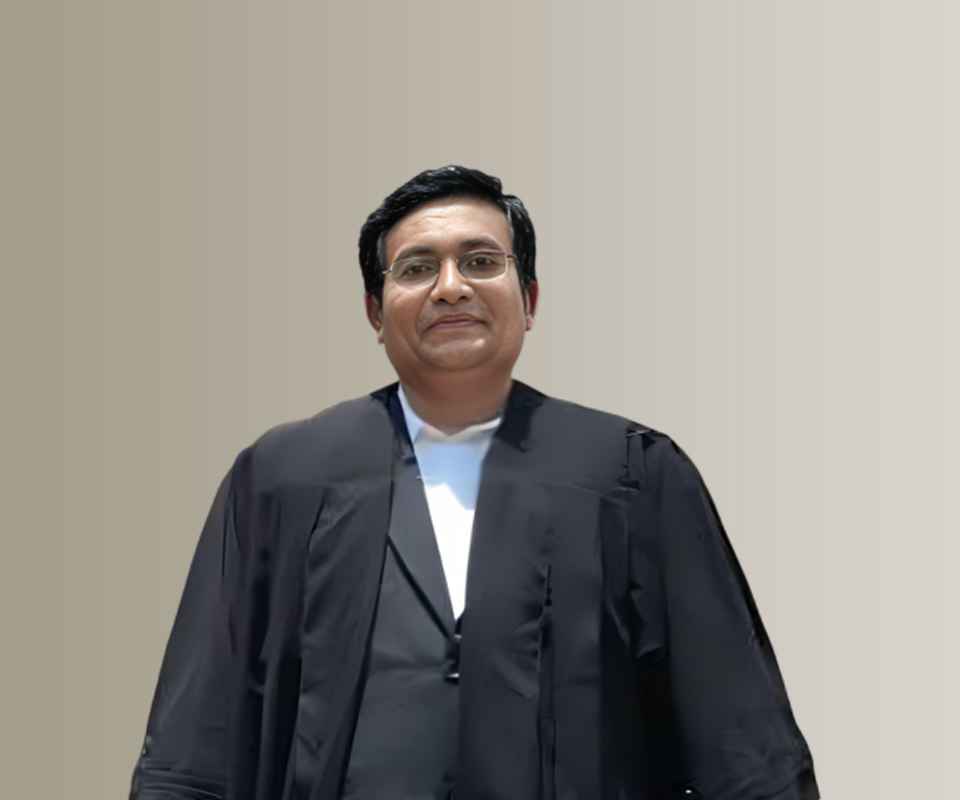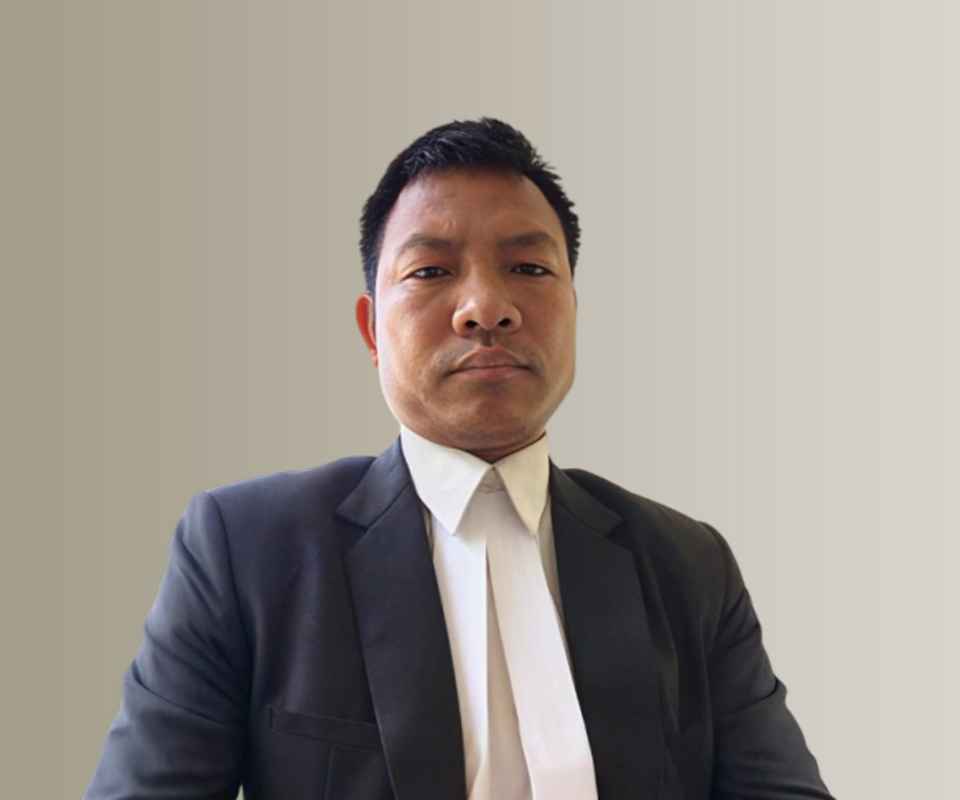Answer By law4u team
People with disabilities are particularly vulnerable to exploitation and abuse, whether it's financial exploitation, physical abuse, or emotional mistreatment. Legal frameworks and protections exist to help prevent exploitation and ensure that individuals with disabilities are treated with dignity, respect, and fairness. These laws aim to safeguard their rights, ensure they are not taken advantage of, and provide avenues for recourse if abuse occurs.
Legal Protections Against Exploitation of People with Disabilities
Guardianship and Legal Representation
Guardianship laws protect individuals with disabilities by appointing legal guardians when necessary, particularly for those who cannot make decisions for themselves. This protects them from exploitation by ensuring that decisions made on their behalf are in their best interest.
- Courts assess the individual's ability to make decisions before appointing a guardian.
- Guardians are legally accountable and must act in the best interest of the person they are representing.
Example: A person with a severe cognitive disability may be appointed a legal guardian to manage their financial affairs, preventing others from misusing their funds.
Anti-Exploitation Laws in Employment
Laws like the Americans with Disabilities Act (ADA) protect people with disabilities in the workplace, preventing exploitation through discriminatory practices.
- Employers must provide reasonable accommodations and ensure that disabled employees are not exploited or treated unfairly.
- Wages and benefits should not be reduced based on a person’s disability, and they should have the same opportunities for advancement and pay.
Example: A company cannot pay a disabled employee less simply because they are disabled, nor can they deny them opportunities for career growth.
Protection Against Financial Exploitation
Financial exploitation of people with disabilities often occurs when individuals take advantage of their vulnerability. Laws protect against such exploitation by:
- Regulating guardianship and power of attorney arrangements to ensure financial decisions are made ethically.
- Creating programs like the Social Security Administration's (SSA) representative payee program to ensure that financial resources are managed properly on behalf of individuals with disabilities.
Example: A representative payee may be appointed to manage the Social Security payments of a person with a disability to prevent the misuse of their funds.
Abuse Prevention Laws
Laws like the Elder Justice Act and Adult Protective Services (APS) aim to prevent and address physical, emotional, and sexual abuse of people with disabilities.
- Mandatory reporting laws require caregivers, medical professionals, and other authorities to report suspected abuse or neglect of individuals with disabilities.
- Victims of abuse can seek legal redress through civil or criminal courts, with the possibility of prosecution of those responsible for abuse or exploitation.
Example: A caregiver found guilty of financial exploitation or physical abuse of an individual with disabilities may face criminal charges and civil penalties.
Legal Advocacy and Protection Services
Advocacy organizations and legal protection services play a crucial role in preventing exploitation by providing:
- Legal representation for individuals with disabilities in cases of abuse, neglect, or exploitation.
- Education on rights and available resources to ensure people with disabilities can advocate for themselves.
Example: Organizations like the National Disability Rights Network (NDRN) provide legal assistance to individuals with disabilities who are experiencing exploitation or mistreatment.
Access to Support Services and Resources
Various programs offer support services to individuals with disabilities to help prevent exploitation:
- Caregiver support services ensure that people with disabilities receive proper care without being taken advantage of.
- Financial counseling and other advisory services help individuals manage their finances and avoid exploitation.
Example: A person with a physical disability may receive assistance from a trained caseworker to ensure their living arrangements and finances are properly managed, protecting them from financial scams or unfair treatment.
Protection Under Civil Rights Laws
Under laws such as the Fair Housing Act and ADA, people with disabilities are protected from discrimination or exploitation in housing, transportation, and other public spaces.
- Landlords, employers, and service providers are prohibited from exploiting individuals by denying them equal access or taking advantage of their disability.
- Accessible housing and public accommodations are legally required to meet the needs of people with disabilities without exploiting their conditions.
Example: A landlord cannot refuse to rent a wheelchair-accessible apartment to someone with mobility impairment simply because of their disability.
Example
John is a young adult with autism who is living independently but struggles with financial management. His family helps him apply for the representative payee program, where a trusted family member or third party is appointed to manage his Social Security benefits. One day, John notices that a former caregiver is trying to pressure him into giving them access to his financial accounts. Thanks to the guardianship laws and abuse prevention systems, John is able to report this caregiver for financial exploitation, and the authorities take swift action to prevent further abuse.
Conclusion
Legal protections against exploitation for people with disabilities are extensive and designed to safeguard their dignity, financial security, and well-being. Through guardianship laws, anti-discrimination laws, abuse prevention systems, and advocacy services, individuals with disabilities are provided with the tools and protections necessary to prevent exploitation and mistreatment. By promoting accountability, transparency, and equal rights, these laws ensure that individuals with disabilities can live free from abuse and exploitation, while maintaining their independence and autonomy.







